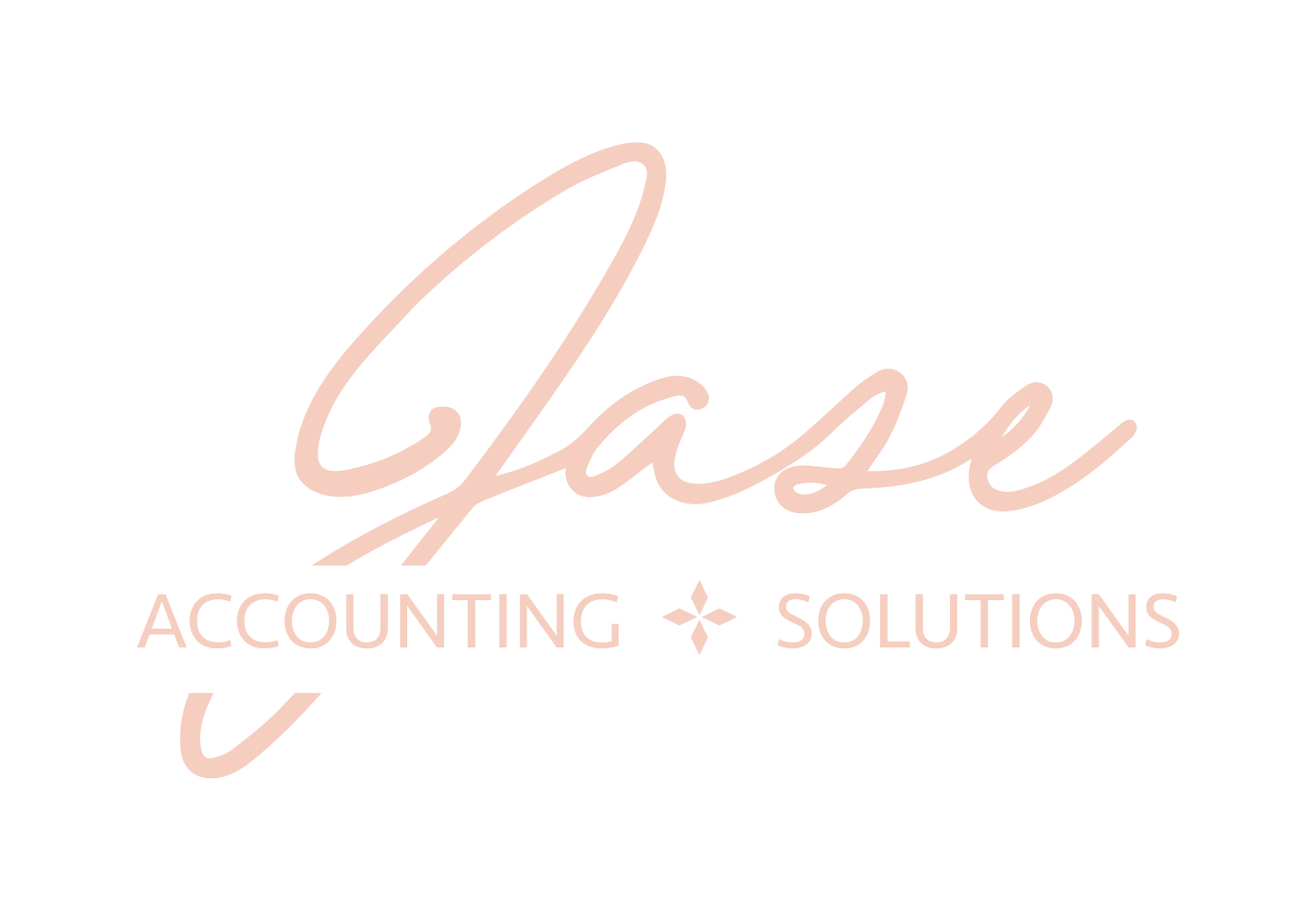Budgeting vs. Forecasting - What’s the Difference?
Let’s dive right in: Budgeting versus Forecasting - what the heck is the difference? Budgeting is creating a plan for how you will spend your money over the next 12 months, while forecasting is predicting how your business will perform in the future (next 12 months to next 3 years or more) based on past data, trends and possible scenarios. The goal for budgeting is to help you manage your expenses and make sure you're not spending more than you're earning, while forecasting helps you make informed decisions about your business strategy based on expected financial performance.
Budgeting
In a nutshell, budgeting is the process of creating a plan for how you will allocate your financial resources over a certain period of time. This plan usually covers a fixed period such as the next 12 months and will include estimated income and expenses. A good starting point to create your budget for the upcoming year is to start with your current year’s actual income and expenses - then build from there. I recommend you begin planning next year’s budget at the beginning of Q4 (October 1st) to allow for plenty of time to make tweaks so that come January 1, you and your team are ready to rock and roll. Budgets aren’t typically updated once they have been set, otherwise, you are chasing a moving target. Of course, there are always exceptions.
Budgets are meant to be conservative in that you want to plan on what will reasonably happen in the upcoming 12 months. For example, if you have a recurring membership program that generates $10k a month then you will want to include that income in your plan but if you are thinking about writing a book and hoping it could be published next year but haven’t began writing said book or spoke to a publisher - then you don’t want to include that potential book revenue as income in the next 12 months as this will skew your budget. Ultimately, the goal of budgeting is to make sure that you're not spending more than you're earning, that you are being intentional in how you spend your money and sticking to a plan.
Forecasting
Now, forecasting is kind of like looking at a crystal ball trying to predict how your company is going to perform financially in the future. However, it’s actually more accurate than shaking a Magic 8 Ball because you’re basing your forecast on historical data and trends - not simply pulling numbers from the sky. I encourage you to begin building your forecast using your budget. It’s common for a company to have a 12 month forecast, 3 year forecast and beyond which allows owners to really get an idea of what the possibilities are for their company and a target. A forecast is updated often unlike a budget. I recommend reviewing and updating (if necessary) your forecast on a monthly basis. Having a forecast can act as a good benchmark as you evaluate how the prior year, quarter, or month went and allows you to make targeted strategic changes in your operation to get you back on track to your forecasted plan.
Forecasting is most useful when you are trying to calculate the financial impact of different scenarios. For example, as a business owner you may be wondering what the company’s financial position will look like 3 years from now if revenue continues to consistently grow by 20% year over year. Another example, is forecasting the financial impact of rolling out a new service offering in the form of a new course or membership program or debating whether or not to hire that new employee. If offering a new course, you may want to evaluate how pricing it at different amounts affects your gross revenue (total sales) and net profit (sales minus all expenses) and the impact on expenses like increased labor or Advertising costs. Or perhaps you want to know the financial impact of hiring a new employee. This employee role could be one that drives revenue (like a sales position) or perhaps their role is non-revenue producing (executive assistant) - all factors to be considered and adjusted in the forecasted scenario. This analysis can help you adjust your strategy to take advantage of new opportunities or avoid potential pitfalls.
The insight you gain from running these different scenarios will help you make informed decisions and allow you to confidently choose the forecasted scenario you want to implement for your company.
Both budgeting and forecasting are important tools for financial planning for businesses. Creating a budget (and sticking to it!) helps you stay on track and intentional about how you spend your money and allows you to make operational adjustments if necessary. It's also an excellent way to plan for the future and avoid any unexpected financial surprises. Forecasting different scenarios helps you make informed decisions about your business strategy based on your expected financial performance and confidently choose the path you want to take your business.
Regardless of what stage your business is in, I can help you meet your goals. Book a call today!

